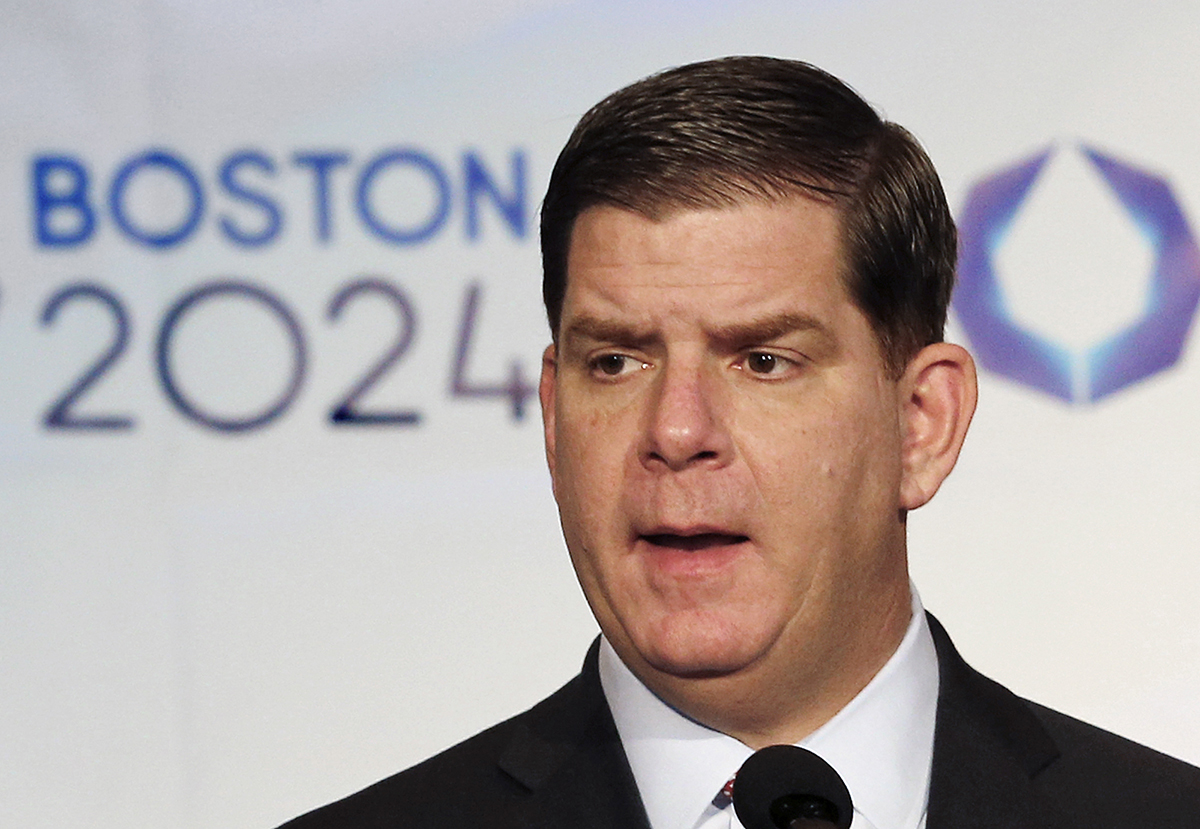Boston Mayor Marty Walsh Backs Gradual Increase to $15 Minimum Wage

Boston Mayor Marty Walsh Photo by Winslow Townson / AP
Mayor Marty Walsh has added his voice to the growing number of politicians and activists who support increasing the minimum wage to $15-an-hour.
Walsh recently told the Boston Globe that he backs gradually raising the minimum wage in Massachusetts, which currently sits at $10-an-hour.
“When you look at the disparities, and income inequality, and what’s happening, I think it’s important for us to work on the issue,” Walsh told the Globe. “And the way we work on the issue is by increasing the minimum wage over a period of time.”
Before leaving office, former Governor Deval Patrick signed legislation in 2014 that would incrementally raise the minimum wage for workers over the course of three years. According to the bill, the minimum wage in the state will be pushed to $11 by 2017.
Lawmakers in California and New York have recently passed legislation that will hike up the minimum wage to $15 over the next few years. Meanwhile, Seattle recently celebrated the one year anniversary of the city instituting its own $15 minimum wage bill.
While the fight for $15 continues to gain support in Massachusetts and across the country, some local leaders are dragging their feet when it comes to raising the minimum wage.
According to the Globe, House Speaker Robert A. DeLeo believes it’s “premature” to bring up another discussion on wage increases so soon after the passage of Gov. Patrick’s legislation. Governor Charlie Baker also thinks it’s too soon, saying, “I think we should let the one we have play out.”
However, Senate President Stanley C. Rosenberg seemed more open to the idea, and said that another boost would help those struggling in Massachusetts. Boston workers would likely see a nice boost, as the Boston Redevelopment Authority recently revealed in a study that half of the city’s residents earn less than $35,000 a year.
“I support a living wage and we need to keep moving up,” Rosenberg said. “Massachusetts is among the most significantly unequal between the top earners and the lowest.”

